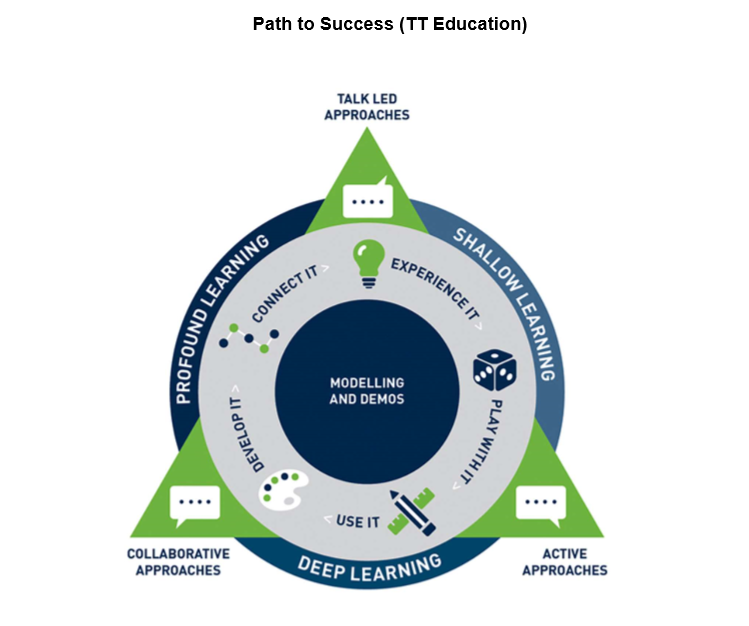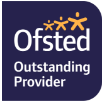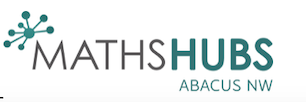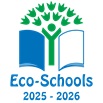Our Curriculum
We aim to give the children a knowledge and understanding of the world in which we live. We want them to be sensitive to others and understand individual personal relationships. At Elm Tree School, we encourage children to learn confidently and to communicate what they have learnt.
We believe that children should have the benefit of a broad and balanced curriculum. We are particularly keen to develop children's interests. We ensure children receive a rich curriculum by extending opportunities through visiting performers, musicians and school trips to a range of places. You will see examples of our recent trips if you look at our galleries page.
At Elm Tree School, we firmly believe that children learn best when they are able to make connections in their learning. Each term we will be looking at a theme which will encompass many curriculum areas; the themes chosen are those which we feel will captivate the children’s interest and their enthusiasm for learning. We believe that children learn best when they are actively involved. "Learning by doing" makes the work more interesting, more meaningful and more likely to make sense and be remembered. Problem solving and investigations are both important for primary school children. This kind of learning helps children to think more clearly, to raise questions, try out ideas and to record their findings. We have fully implemented the new National Curriculum.
Curriculum Policy - Download here
Long Term - Curriculum Plan - Download here
Our Rationale
Our Curriculum rationale is based upon our whole school shared vision which reflects our unique environment:
Our vision is to work together to give all children a place to thrive. A place where they can be seen as the individuals that they are. A safe and nurturing community that allows children to succeed socially, emotionally and academically. A place in which we ensure that we are creating wonderful memories for each child.
Our overarching aims for our children are to inspire them to become fully engaged with learning, to provide an inclusive environment in which children can become confident individuals who are accepting of themselves and each other and resilient when facing challenges in life and learning.
Our whole school ethos is to embrace our children’s differences and place them at the centre of all that we do. We work together to provide them with the provision that they need to build their skills and knowledge. We value each child and support their development in all areas, never forgetting our core responsibility to reduce learning barriers, strengthen knowledge and build self-esteem, confidence and resilience. This is what forms the foundation for our broad and balanced curriculum.
Path to Success
Our children come to us as they have been unable to succeed in education for a variety of reasons. We are aware that traditional mainstream education has not been a positive experience for many of them, so we strive to ensure that our provision does not replicate this at the expense of our children’s needs and focus on providing a positive educational experience which allows children to value education and move forwards in their lives as confident and optimistic learners. Using a whole school pedagogy called The Path to Success we are able to develop and enrich children’s learning, whatever their individual needs. At it’s heart this system has collaboration, talk led and active approaches, which are often typically the areas which our children need the most support in when they arrive at our school. The pedagogy has distinct phases which teaching, and learning can move back and forth across to make sure that children are given the opportunities to develop deeper learning.

We particularly place high value on the Experience it and Play with it aspects of the system as without these opportunities our children are unable to relate their learning to anything. As a school we recognise the importance of play when it comes to development and learning, whether that be
academic or non- academic. These opportunities allow us to support children to practice skills in a fun and meaningful way again and again so that they are able to develop fluency in those skills.

.png)

.jpg)

.png)

.jpg)

.png)
.PNG)